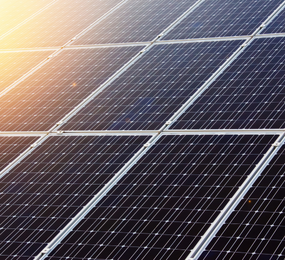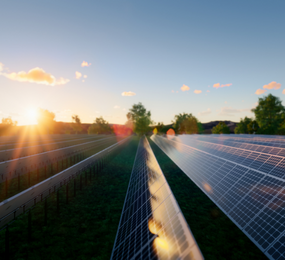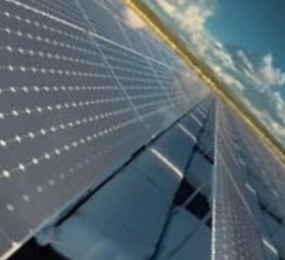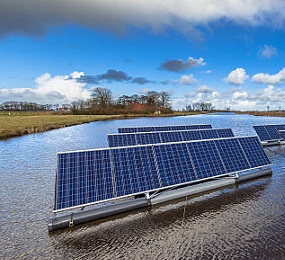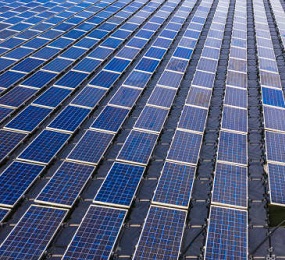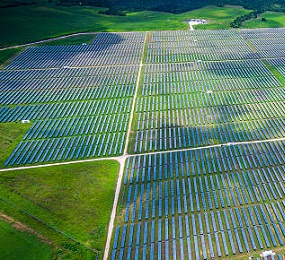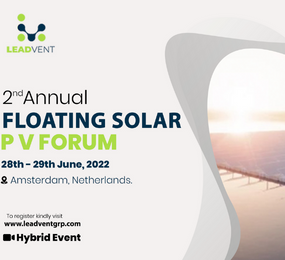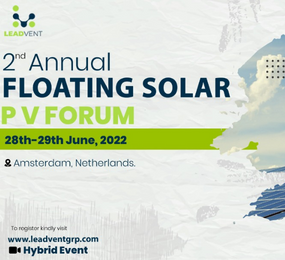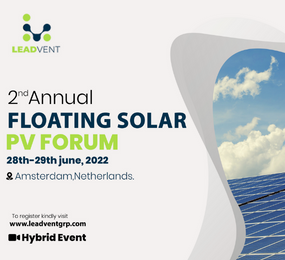Floating solar installations in coastal areas present unique challenges due to the harsh marine environment, but innovative solutions are emerging to address these issues and harness the potential of solar energy on water. Coastal areas offer vast opportunities for renewable energy generation, but factors such as corrosion, wave impact, and interactions with marine life must be carefully managed.
Corrosion Resistance:
One of the primary challenges in coastal floating solar installations is corrosion caused by saltwater exposure. Saltwater is highly corrosive and can significantly reduce the lifespan of solar panels and structural components. To combat this, advanced materials and coatings are being developed that offer superior resistance to saltwater corrosion. These include corrosion-resistant metals, specialized coatings, and composite materials that ensure the durability and longevity of floating solar installations in coastal environments.
Wave Impact and Structural Stability:
Coastal areas are subject to strong waves and tides, which can impact the stability and integrity of floating solar platforms. To address this, innovative floating structures are being designed to withstand dynamic wave forces. These structures include advanced mooring systems that provide flexibility and stability, wave-absorbing barriers to reduce impact, and buoyant platforms that adjust to changing water levels. These solutions help maintain the structural integrity and efficiency of floating solar installations in challenging marine conditions.
Marine Life Interaction:
Interactions with marine life pose another challenge for coastal floating solar installations. Floating solar arrays can potentially disrupt local ecosystems and marine habitats. To mitigate this, environmental impact assessments are conducted to identify and minimize potential disruptions. Additionally, eco-friendly designs and materials are used to reduce harm to marine life, and periodic monitoring ensures that the installations do not adversely affect the surrounding environment.
Innovative Solutions for Success:
Advancements in technology and design are making it increasingly viable to install floating solar systems in coastal areas. Through the use of corrosion-resistant materials, robust structural designs, and eco-friendly practices, the challenges of coastal installations are being effectively addressed. These innovations not only enhance the performance and longevity of floating solar installations but also open up new avenues for renewable energy generation in coastal regions.
In conclusion, while floating solar installations in coastal areas face significant challenges, innovative solutions are driving their success. By addressing issues such as corrosion, wave impact, and marine life interactions, the potential for harnessing solar energy in coastal environments is being realized, contributing to a more sustainable and resilient energy future.
To register or learn more about the Forum please check here: https://bit.ly/46Vw6nm
For more information and group participation, contact us: [email protected]


